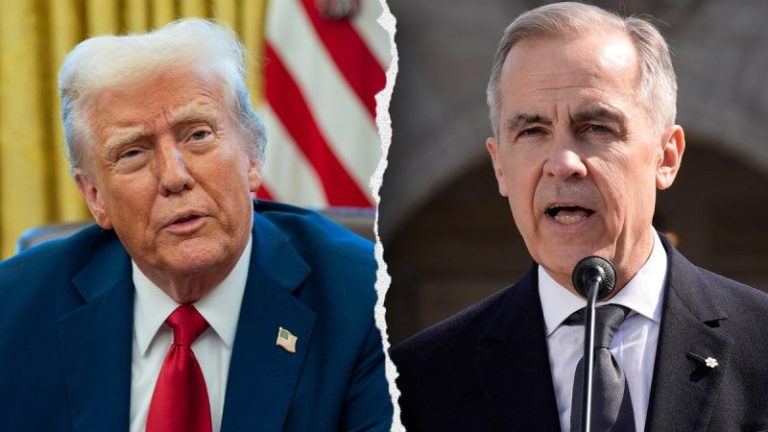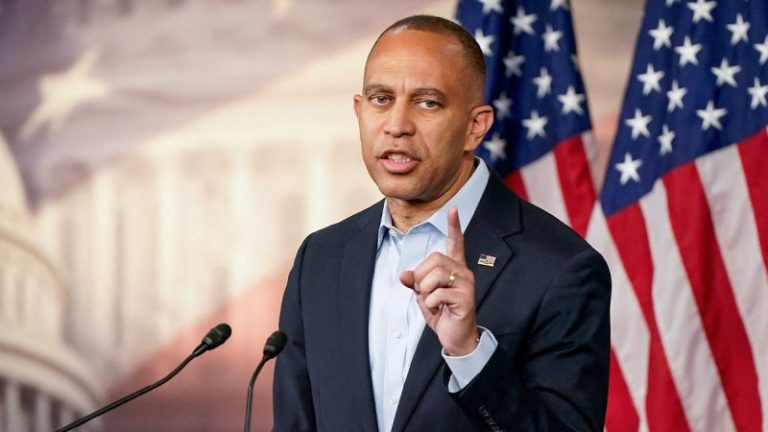(TheNewswire)
Vancouver, British Columbia, February 12th, 2026 TheNewswire — Prismo Metals Inc. (‘Prismo’ or the ‘Company’) (CSE: PRIZ,OTC:PMOMF | OTCQB: PMOMF) is pleased to announce that it has received formal permit approval from the U.S. Forest Service to proceed with its fully funded drill program at the Company’s historic Silver King Mine project located in Arizona’s prolific Copper Belt.
The approved permit authorizes drilling from multiple drill pads in the area of the historic mine designed to test the upper part of the Silver King mineralized body that was mined on nine levels over about 300 meters depth (Fig. 1).
Additional high-priority targets identified through recent exploration work can also be tested with some of the planned drill locations. Testing of other targets on private ground is being considered. Mobilization on site is scheduled for February 20th followed by preparatory site work and access improvements followed by drilling.
Dr. Craig Gibson, Chief Exploration Officer of Prismo Metals, commented: ‘Receiving approval for drilling at Silver King is a key milestone as we transition from surface exploration into active testing of the system. With funding in place for multiple phases of drilling, we are well positioned to evaluate the significant exploration potential of this historic, high-grade silver system.’
Alain Lambert, CEO of Prismo commented: ‘Following a very smooth permitting process with Forest Service, we are now ready to conduct the first ever comprehensive drill program at Silver King. Our exploration work to date has attracted the attention of many given the results we have published and our proximity (3.4 km) to Resolution Copper, a Rio Tinto/BHP joint venture. I expect the drilling program to heighten attention.’
Phase 1 Drill Program Highlights:
-
Fully funded program
-
1,000 meters of diamond drilling to test the upper portion of the steeply plunging, pipe-like Silver King mineralized body
-
Mobilization to Silver King Project scheduled for February 20th, 2026
-
Additional drilling to test lower down in the mineralized structure and mineralized areas adjacent to the historic mine may also be completed
Click Image To View Full Size
Fig. 1. Permitted drill sites planned for initial Phase I drilling at the Silver King mine shown by white dots. The orange line indicates the approximate location of the cross section in Fig. 2. View looking south-easterly.
Drilling will initially focus on testing the upper portion of the steeply west-dipping pipelike stockwork and breccia zone that historically produced high-grade silver and base metals (Fig. 2), as well as targets adjacent to and beneath historic workings. Initial drilling is estimated at 1000 meters in nine holes. A second phase of drilling will be dedicated to testing at deeper levels and areas adjacent to the historic mine.
Dr. Gibson, added: ‘We are pleased to engage Godbe Drilling, a highly respected contractor with substantial experience in Arizona and a staging area near the project. The objective is to test the upper half of the steeply dipping pipelike Silver King mineralized body, as well as potential mineralization adjacent to the dense stockwork zones that were the focus of historic mining.’
Drilling Contractor Engagement
Prismo has engaged Godbe Drilling LLC to conduct this Phase 1 drilling program. Godbe Drilling LLC is a Colorado-based family-owned diamond core drilling and mineral exploration business with extensive operating experience in the southwestern United States, including Arizona.
Fig. 2. Cross section through Silver King mine showing workings and first four planned drill holes.
Silver King Project Overview
The Silver King mine was discovered in 1875 and is one of Arizona’s most significant historic silver producers, with nearly six million ounces of silver produced at average grades ranging from approximately 61 to 21 ounces per ton during early production. Limited small-scale mining in the late 1990s yielded samples with exceptionally high silver and associated gold values, suggesting that high-grade mineralization remains within the system. The project is located within the same geological framework as other world-class deposits in the Arizona Copper Belt, and its proximity to active mining operations enhances its strategic significance.
Qualified Person
Dr. Craig Gibson, PhD., CPG., a Qualified Person as defined by NI-43-01 regulations and Chief Exploration Officer and a director of the Company, has reviewed and approved the technical disclosures in this news release.
About Prismo Metals Inc.
Prismo (CSE: PRIZ,OTC:PMOMF) is a mining exploration company focused on advancing its Silver King, Ripsey and Hot Breccia projects in Arizona and its Palos Verdes silver project in Mexico.
Please follow @PrismoMetals on Twitter, Facebook, LinkedIn, Instagram, and YouTube
Prismo Metals Inc.
1100 – 1111 Melville St., Vancouver, British Columbia V6E 3V6 Phone: (416) 361-0737
Contact:
Alain Lambert, Chief Executive Officer alain.lambert@prismometals.com
Gordon Aldcorn, President gordon.aldcorn@prismometals.com
Neither the Canadian Securities Exchange nor its Market Regulator (as that term is defined in the policies of the Canadian Securities Exchange) accepts responsibility for the adequacy or accuracy of this release.
Cautionary Note Regarding Forward-Looking Information
This release includes certain statements and information that may constitute forward-looking information within the meaning of applicable Canadian securities laws. Forward-looking statements relate to future events or future performance and reflect the expectations or beliefs of management of the Company regarding future events. Generally, forward-looking statements and information can be identified by the use of forward-looking terminology such as ‘intends’ or ‘anticipates‘, or variations of such words and phrases or statements that certain actions, events or results ‘may’, ‘could’, ‘should’, ‘would’ or ‘occur’. This information and these statements, referred to herein as ‘forward-looking statements’, are not historical facts, are made as of the date of this news release and include without limitation, statements regarding discussions of future plans, estimates and forecasts and statements as to management’s expectations and intentions with respect to, among other things: the timing, costs and results of drilling at Silver King; and the intended use of any proceeds raised under recent financings.
These forward-looking statements involve numerous risks and uncertainties, and actual results might differ materially from results suggested in any forward-looking statements. These risks and uncertainties include, among other things: the potential inability of the Company to utilize the anticipated proceeds of the Private Placement as anticipated; and those risks set out in the Company’s public disclosure record on SEDAR+ (www.sedarplus.com) under the Company‘s issuer profile.
In making the forward-looking statements in this news release, the Company has applied several material assumptions, including without limitation, that the Company will use the proceeds of the Second Tranche as currently anticipated and on the timeline currently expected.
Although management of the Company has attempted to identify important factors that could cause actual results to differ materially from those contained in forward-looking statements or forward- looking information, there may be other factors that cause results not to be as anticipated, estimated or intended. There can be no assurance that such statements will prove to be accurate, as actual results and future events could differ materially from those anticipated in such statements. Accordingly, readers should not place undue reliance on forward-looking statements and forward- looking information. Readers are cautioned that reliance on such information may not be appropriate for other purposes. The Company does not undertake to update any forward-looking statement, forward-looking information or financial outlook that are incorporated by reference herein, except in accordance with applicable securities laws. We seek safe harbor.
Copyright (c) 2026 TheNewswire – All rights reserved.










